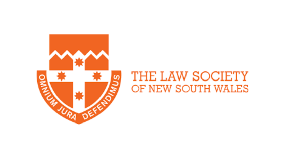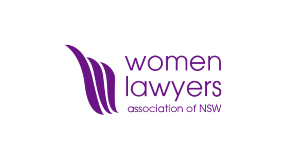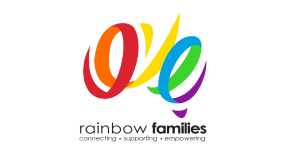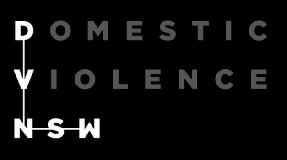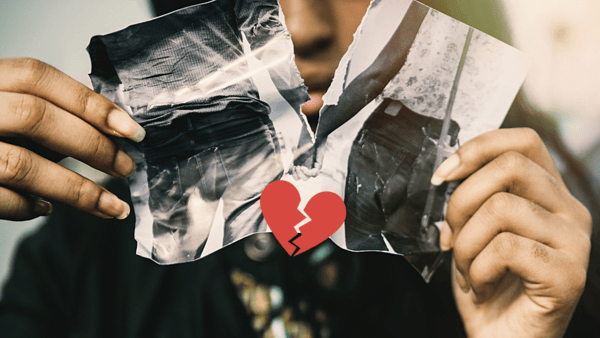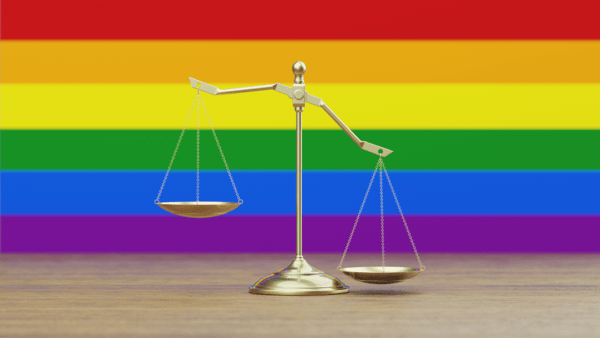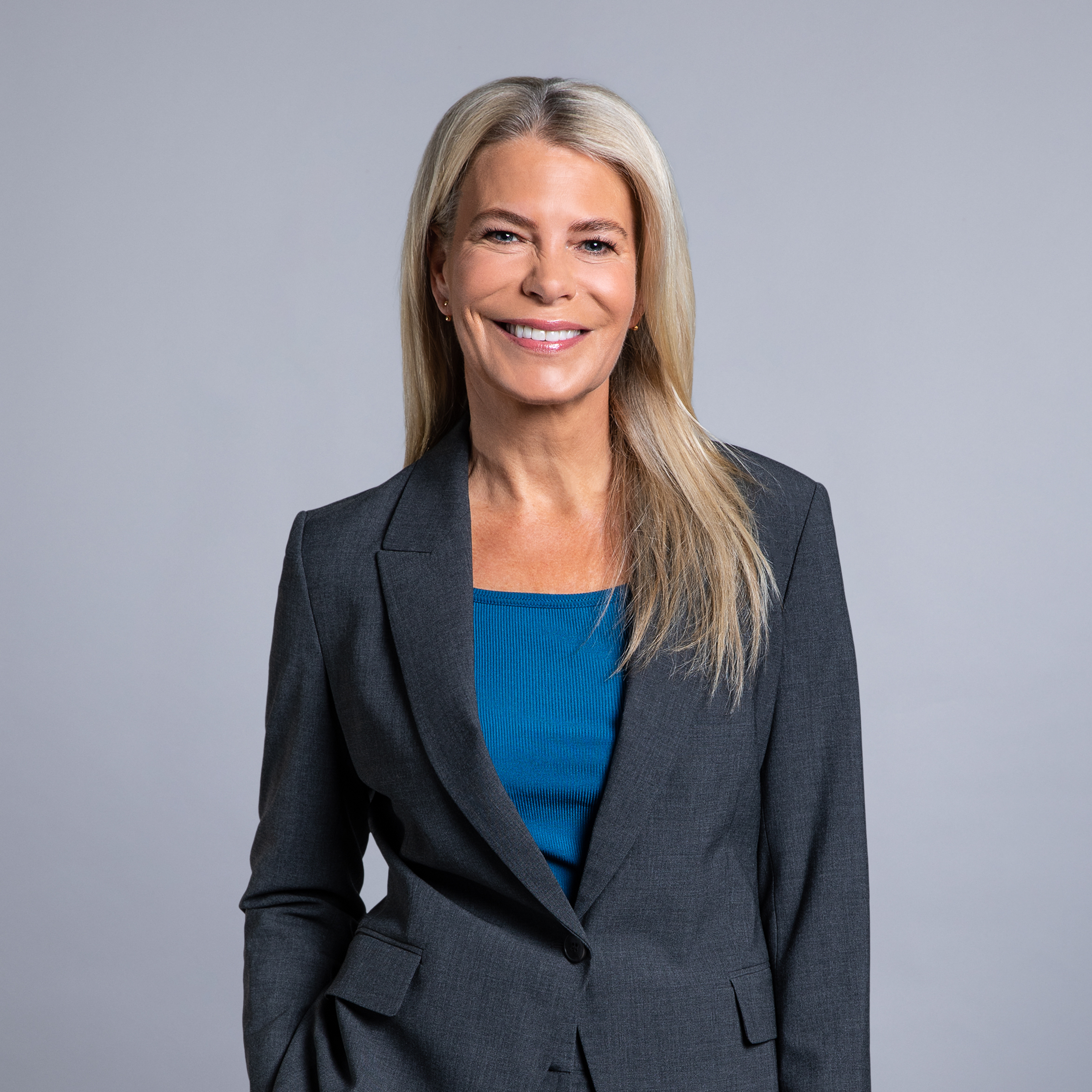Domestic Violence
No Judgement, just guidance.
Be heard.
We listen, we get it. Whether you call it “domestic violence”, “domestic abuse” or “family violence” as it is known in family law, we can help you figure out if you need an AVO (Apprehended Violence Order or more correctly “ADVO”, Apprehended Domestic Violence Order) how your ADVO intersects with child custody and advise on protections for you and your children in family law orders.
You have the right to live without fear for your safety or your children’s safety. We understand the physical, emotional, and mental toll an abusive relationship can have on you. We have a proven track record when it comes to providing domestic violence victim-survivors with clear advice, enabling them to re-establish their lives after separation.
We remain your strongest confidant.
Our Expertise in Domestic and Family Violence Matters
Our team of family lawyers have many years of experience in DV related matters. Through our extensive work alongside survivors in women’s refuges, through the Domestic Violence NSW board, and on issues of domestic and family violence, including child abuse, psychological abuse, harassment and intimidation, and coercive financial control.
In fact, our team members engage closely with mediators, family therapists, barristers, and social scientists seeking to attain best practice in the post-separation space.
We know this is a frightening time and we will do all that we can to support you through it. When we say you are in our safe hands, we mean it.
Types of Abuse
As mentioned, Domestic and Family Violence takes on several different forms in both public and private. You do not need to be experiencing all these examples listed below to proceed with criminal charges. The central theme to all these types of abuse is Dominance, Power and Control.
Some Abuse examples. Not an exhaustive list.
Verbal – shouting, name-calling, swearing at you, putting you down.
Physical – using weapons, assaulting your body (hitting, kicking, punching etc), locking you out, hurting the kids, not allowing sleep.
Psychological – constantly making harmful or frightening threats towards you or the children, destroying your property, items dear to you including pets.
Emotional – “See what you made me do”, ongoing silent treatment, emotional blackmail, or suicide threats
Social – stopping you from seeing family and friends.
Financial – controlling your access to money/joint bank accounts, not allowing you to work or forcing you to sign documents.
Sexual – any form of unwanted or forced sexual activity. This does not just mean penetration. It may include sexual degrading insults or making you perform sexual acts unwillingly.
Harassment and Stalking – online, telephone, SMS harassment, tracking you, following and watching you.
Other types of abuse also include spiritual or religious, reproductive, and image-based abuse which is often referred to as revenge porn.
At KMJ Family Law, you take control of your own life with our help. We will guide and support you to take back the power and regain control. You got this.
Schedule a Confidential Discussion
Our Services
Frequently Asked Questions
Often wrongly thought to just be referring to physical violence, Domestic and Family Violence under the law refers to behaviours by one person to control, dominate, humiliate, or intimidate another. It can happen to anyone, ANYONE regardless of your background, your bank account or level of education. It can be hard it can be to realise you are in a violent situation. Abusers cause harm to your body, mind, and spirit, which is why you feel afraid and insecure.
The NSW Government describes ‘family’ as having “a broader definition and includes people who are related to one another through blood, marriage or de facto partnerships, adoption and fostering relationships, siblings, and extended family relationships. It includes the full range of kinship ties in Aboriginal and Torres Strait Islander communities, extended family relationships, and constructs of family within lesbian, gay, bisexual, transgender, intersex, or queer (LGBTIQ+) communities. People living in the same house, people living in the same residential care facility and people reliant on care may also be considered to be in a domestic relationship if their relationship exhibits dynamics which may foster coercive and abusive behaviours.”
Resources
Proud members of

